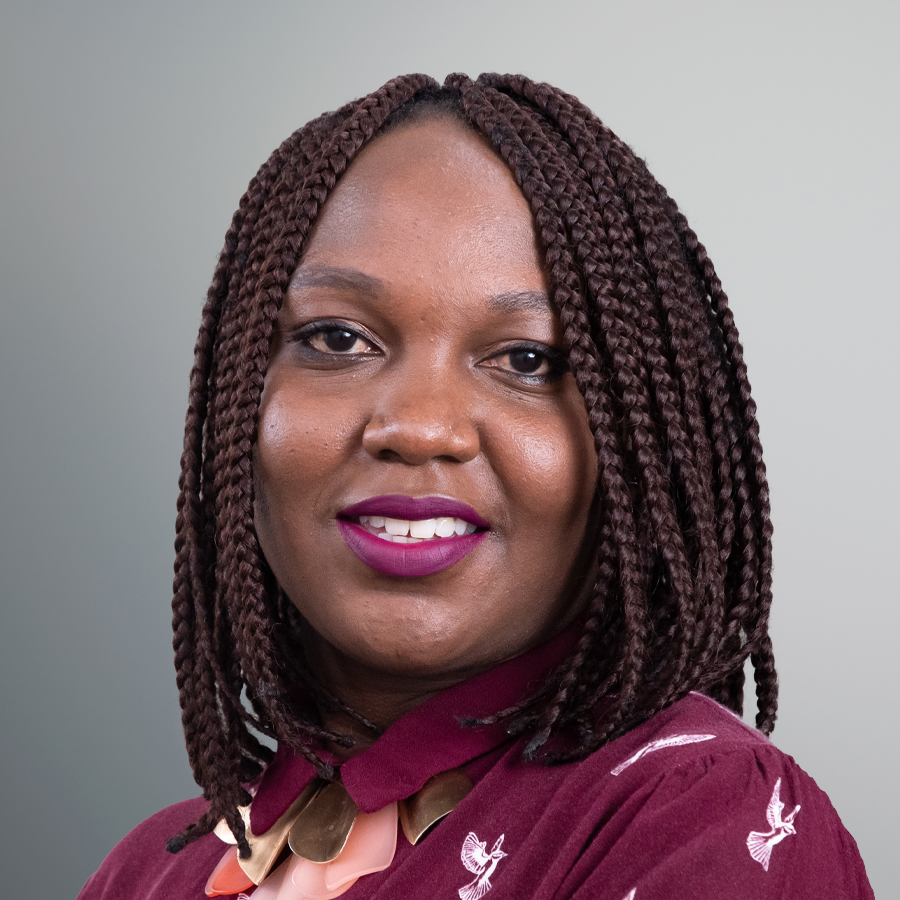On 23 and 24 April 2025, the Centre for Human Rights, Faculty of Law, University of Pretoria (the Centre), in collaboration with the Department of Women, Youths and Persons with Disabilities, South Africa (DWYPD) hosted a two-day Workshop on the monitoring of the implementation of the rights of women as under international treaties. The Workshop was the culmination of a project to strengthen South Africa’s compliance with obligations under the CEDAW and the Maputo Protocol. To this end, the Workshop sought to promote an understanding of the roles that government officials and civil society organisations (CSO’s) play in the state reporting process, and to contribute to a less sporadic and more coordinated implementation of the treaty recommendations, through the development of the Tool.
The engagement was informed by the findings of an analytical report on the Concluding Observations and Recommendations received by South Africa from 1998-2021, under the Convention on the Elimination of All Forms of Discrimination against Women (CEDAW) and the Protocol to the African Charter on Human and Peoples’ Rights on the Rights of Women in Africa (Maputo Protocol). The Workshop also engaged stakeholders on the development of a tool to support monitoring of the implementation of future recommendations received under the CEDAW and the Maputo Protocol.
On the first day, officials from various departments of government engaged in moderated discussions on the reporting procedures under the CEDAW and the Maputo Protocol. The discussion also delved into an analysis of South Africa’s Concluding Observations and Recommendations from these bodies. During the deliberations, participants highlighted the difficulties in ensuring the coordinated and timeous submission of state reports under both treatise, based on their experience with the reporting process. Participants further reflected on how the framing of the Concluding Observations and Recommendations could be improved to enhance clarity of obligations and expected responses, and on measures necessary to improve the protection of the rights of women and girls in South Africa.
Participation on the 2nd day was expanded to include representatives of civil society organisations. The day focused on the roles and responsibilities of government agencies, CSO’s, and other stakeholders in the state reporting process, and strategies for improved coordination between these stakeholders. The participants also contributed to the ongoing development of the Tool to support tracking and collation of data on the implementation of measures relating to recommendations on women’s rights.
The Centre and DWYPD will utilise the feedback from the Workshop to improve and finalise the development of the Tool, in order to accelerate accountability for implementation of human rights treaties.
The Centre thanks the DWYPD for its commitment and collaboration on this initiative, and looks forward to the continued and constructive engagement to improve the protection of women and girls’ rights in South Africa.
The Centre further acknowledges the financial support of the European Union that made this collaboration and Workshop possible.
For more information, plese contact:

Tel: +27 (0) 12 420 4306
matilda.lasseko-phooko@up.ac.za


